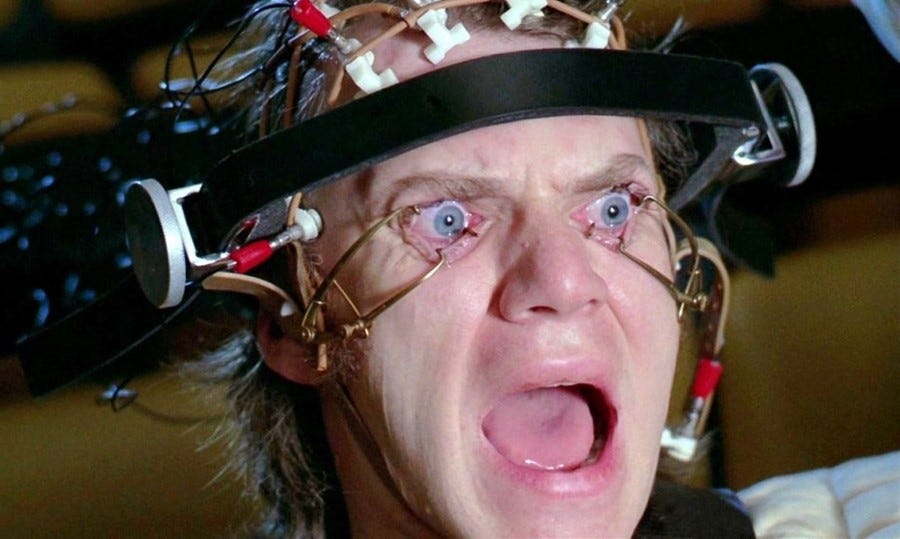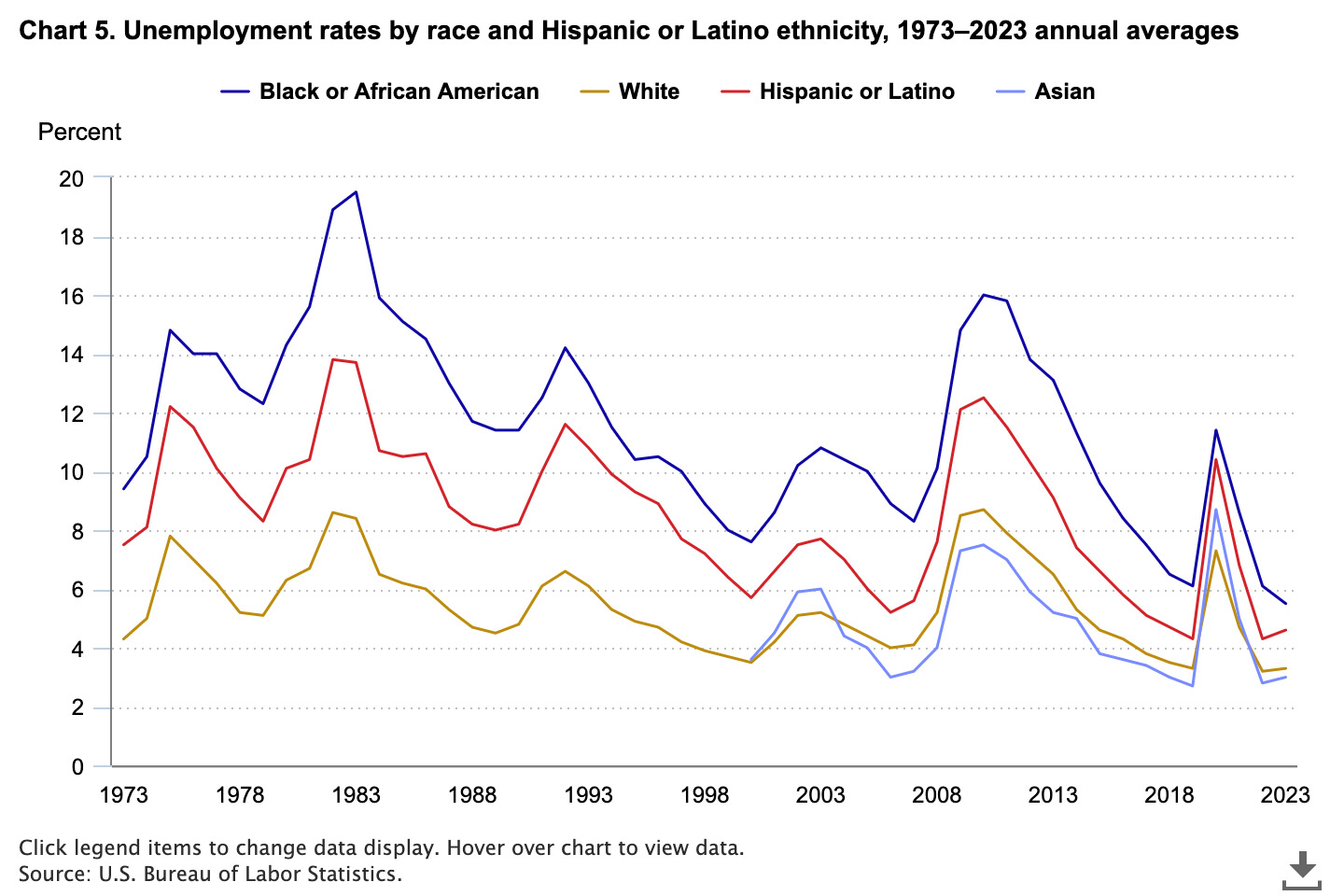Today I saw an unusual and very sad thing.
Or at least, it was unusual for me. I walked away saddened and troubled and realized it’s not that unusual at all.
This isn’t a dramatic story or a dramatic scene. It was a gaggle of babies, maybe seven or so in total. They were playing with various toys, and ostensibly with each other, as much as babies really ever play with each other. Around them was a circle of adults, also about seven or so, a phone in each adult’s hand, each one not just photographing and videotaping but calling the kids’ names and encouraging them to look / smile / perform for the camera. Look! Oliver! Oliver look here! Henry! HENRY, SMILE! Here’s Henry having fun!
This was not a scene of kids getting lost in happy play. This was kids being made to look like they were happily playing for the many, many cameras being shoved in their faces. It was one of the more dystopian things I’ve seen in a while.
I live in Hong Kong, where cellphone addiction is the most extreme I’ve witnessed anywhere in the world. It’s pretty standard to be out to dinner here and see a couple or small group of friends have a whole meal without speaking to each other — except, of course, to take photos of the food when it arrives at the table. Walking down the street is total chaos because most people have their noses in their phones — not looking at maps, but texting or, shockingly often, watching social media clips or television shows, and so everyone walks like they’re insane. There are a million things I absolutely love about living here, but the phone culture is flat-out bonkers. And seeing a group little kids who should have been able to lose themselves in play instead being treated like a bunch of zoo animals was truly depressing.
Not that it’s the first time. I’ve seen parents here hand smartphones to babies in strollers — kids who cannot even walk yet. At a coffee shop this morning I watched two parents plop their baby in a high chair, then both sit silently scrolling through their phones while she strained to see what they were looking at — and when she fussed, they handed her one phone while they watched videos on the other. I realize I have no real right to judge, but also: If you hand an infant a smartphone, I am definitely judging.
“Screens are bad for babies and toddlers” seems to be pretty widely-understood conclusion at this point, at least among people who do things like read the Atlantic. But I haven’t seen much about the impact of parental screen use — not just handing kids phones, but always having the phone in hand and constantly documenting their kids’ lives.
What happens to a childhood mediated through a parent’s screen?
The first thing children learn if they’re endlessly photographed and filmed is that a phone is a high-value object. And listen, my phone is a high-value object; I am too attached to it, and I take a series of conscious steps to decrease my use of it (my husband and I have a pretty hard rule about screen-free meals, for example). But if you’re a parent who wants to give your child a screen-free childhood, or even a childhood in which they are curious about the world around them and less interested in what’s on the phone, then step one really does have to be consciously uncoupling your hand and the device. Kids, after all, are more like sponges than tape recorders: They absorb the totality of what you do, they don’t just record and spit back what you tell them. You can tell a child that the world is a gorgeous and fascinating place and they should go live in it instead of living on a device designed to capture as much of their attention as possible. But if what they see is that their parents are primarily fascinated by the phone, well — they’re going to learn a lot more from that than from values that are stated but not lived.
But there’s something even more pernicious at play here. The issue with having the phone out to take photos and videos of everything your kid does goes deeper than simply broadcasting one’s values about screens.
What does it do to a child’s perception of self when, from before they are even really conscious, they are being constantly photographed and videotaped, encouraged to perform and smile and be cute for the camera, essentially surveilled even when they’re just playing or exploring or sitting or crawling or eating?
In John Berger’s famous essay Ways of Seeing, he writes:
“A woman must continually watch herself. She is almost continually accompanied by her own image of herself. Whilst she is walking across a room or whilst she is weeping at the death of her father, she can scarcely avoid envisaging herself walking or weeping. From earliest childhood she has been taught and persuaded to survey herself continually. And so she comes to consider the surveyor and the surveyed within her as the two constituent yet always distinct elements of her identity as a woman. She has to survey everything she is and everything she does because how she appears to men, is of crucial importance for what is normally thought of as the success of her life. Her own sense of being in herself is supplanted by a sense of being appreciated as herself by another....
One might simplify this by saying: men act and women appear. Men look at women. Women watch themselves being looked at. This determines not only most relations between men and women but also the relation of women to themselves. The surveyor of woman in herself is male: the surveyed female. Thus she turns herself into an object — and most particularly an object of vision: a sight.”
This is partly what feminists talk about when we talk about the male gaze and its impact on women. Women lose the ability to simply be in the world. We become, instead, not just surveilled but self-surveilled. We watch ourselves being watched.
I remember reading the Berger essay in college and tasting the sourness of recognition. That I self-surveilled — that I didn’t just move, I saw myself moving almost as if from outside my body, and that shaped how I moved — had never occurred to me; it was just what life was like in my own skin. Understanding that this way of seeing oneself is not actually universal or natural but rather feminized and imposed made visible a profound loss: What must it be like to simply move through the world, to simply be in one’s body? At some early point in my life, I understood, I had that ability. At some point, probably as I entered early adolescence, it was snuffed out.
I think we’re snuffing this freedom out in all of our kids now. I suspect it’s worse for girls than for boys, but I also suspect it comes earlier for them. And it comes, devastatingly, not just from a sexist and sexualized culture, but from the people who are supposed to be protecting their children, and who almost certainly aren’t trying to make their kids self-conscious and self-surveilling. Parents are trying to preserve memories of their kids, because life flies by and it’s impossible to be fully present and savoring all of it, let alone remembering all of it. For about as long as it’s been possible to capture images of people, parents have sought to capture images of their children. We now have technology that makes it possible to capture a nearly infinite number of images as long as you’re willing to pay for cloud storage, and that technology is also our primary communication device, clock, roadmap, To Do list, calendar, health monitor, personal trainer, credit card, checkbook, meteorologist, television, radio, and workplace, among many other things. It travels with us just about all of the time. An iPhone is not the camera your parents grabbed for holidays and once a year when you went on vacation. It’s always there, and many of us look at it dozens if not hundreds of times a day. Of course if your child is being cute or doing something for the first time, the impulse is to document it.
There’s a photo of me as a child, taken when I was about ten, with my mom and my sister on a family vacation in Hawaii. I remember the photo being taken, because I believed myself to look very glamorous, and I was thrilled to have it documented: I was wearing sunglasses, which was not a typical accessory for a child raised in the grey-blues of Seattle, and I had a scarf tied over my hair like an old-timey Hollywood star. In the photo, I’m jutting one hip out, trying to look jaunty, maybe even a little sexy, like an adult woman. In reality, I just look silly and now I think rather cute, because, as I said, in the photo I’m ten. But performing for the camera was fun. Dressing up and imagining myself to be a beautiful woman was fun.
For child-me, though, the camera got put away, and I went back to playing with my sister in the sand. The camera and the action that it set in motion was an aberration. It was not so constant that the play-acting imagined adulthood — the posing, the hip-jutting — became second nature, and then first.
For children today, photos are constant, and their childhoods live on their parents’ camera rolls (not to mention on Facebook and Instagram). At some point, the play-acting pose evolves into a way of being. I think this is especially pernicious for girls, who tend to be more inclined toward people-pleasing, and who are being raised in a world that continues to over-value their agreeableness and sexual appeal. But boys being trained up to also perform and self-surveil and lack a sense of agency is not exactly the kind of equality feminists want.
This is not a case for never taking photos or videos of your child. It is a case for being thoughtful about it — for giving your child space to play and be free not just from surveillance, but from evaluation and performance. Because ultimately, isn’t that what we’re doing and asking when we pick up the phone to document all the precious moments? I think we are saying: When I perceive your actions as cute, I pull out the high-value device, and I would like it if you would be cute more often, or at least whenever the device is out. And sure, I think most people want their kids to be cute more often. But I don’t think most people want their children to be trained seals; I think most people want their children to get lost in imagination and play, to feel a sense of freedom in their own skin, to take in the big new world around them without performing for the camera (and for parental approval).
(I won’t even get into the dynamic of turning one’s children into influencers; maybe in another newsletter).
I really appreciated this conversation between Ezra Klein and Jonathan Haidt about screens and childhood, even if I disagree with several of Haidt’s points. Like Ezra, I don’t want to get caught up in the social science of it all — in the idea that screens are only a problem if we can find clear and irrefutable evidence that they cause some social or personal ill like lower grades (even though there is a growing body of evidence that screens are not great for kids). Ezra says that he finds the conversation around Haidt’s book, which is about screens and adolescent anxiety, “a little annoying because it got at one of the difficulties we’re having in parenting and in society: a tendency to instrumentalize everything into social science. Unless I can show you on a chart the way something is bad, we have almost no language for saying it’s bad. This phenomenon is, to me, a collapse in our sense of what a good life is and what it means to flourish as a human being.”
Does it help our kids to flourish if we constantly document them? Does it help us to flourish? Does putting a phone between you and your child foster connection or disrupt it? Who or what is documenting them for? How much is enough?
This is not a screed against ever taking a photo or video of your kid. Please take photos and videos of your kids; if we are friends, please send them to me. Please capture their joy and their personalities and the mundane moments and the times when the light is just beautiful on their perfect little faces. This is not a polemic against taking your kid’s photo, or against smartphones.
It is an entreaty to be more thoughtful about when the phone comes out. It is my small attempt to ask what, exactly, we are telling our children about themselves — how we are teaching them to see themselves — when we try to document every moment. It is a question: What happens when our children are right in front of us, and we repeatedly choose to see them through a screen?
xx Jill







